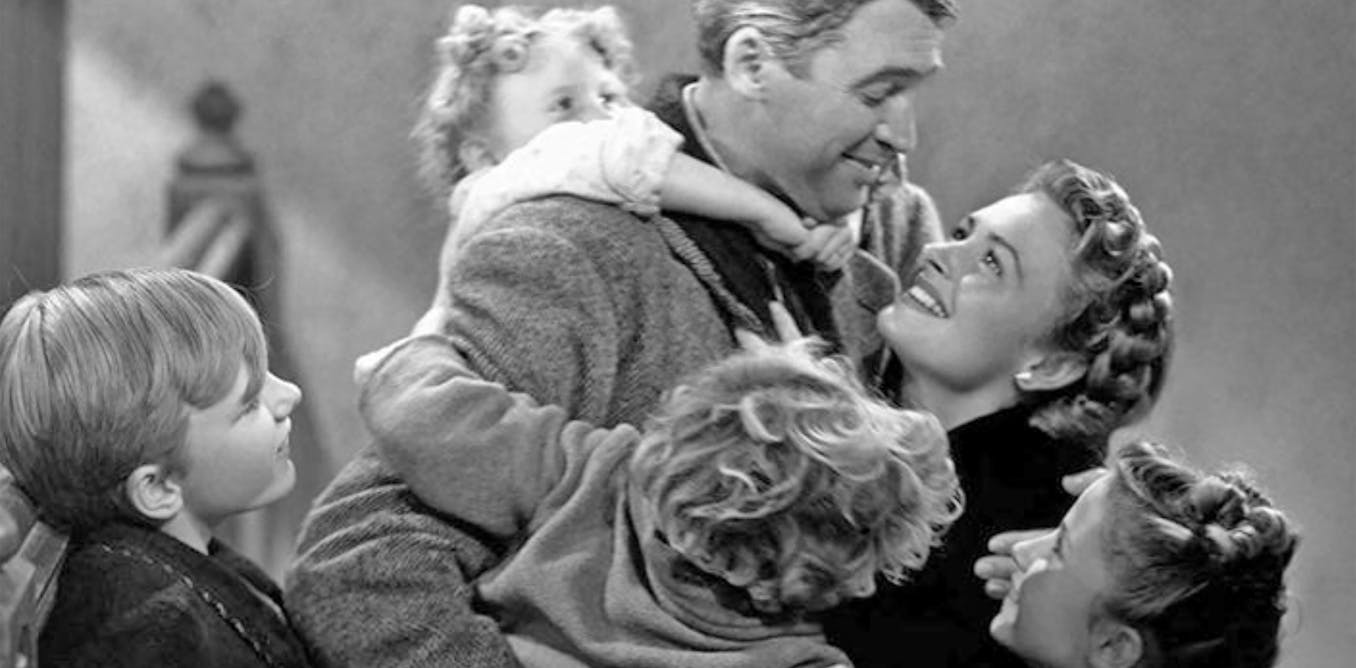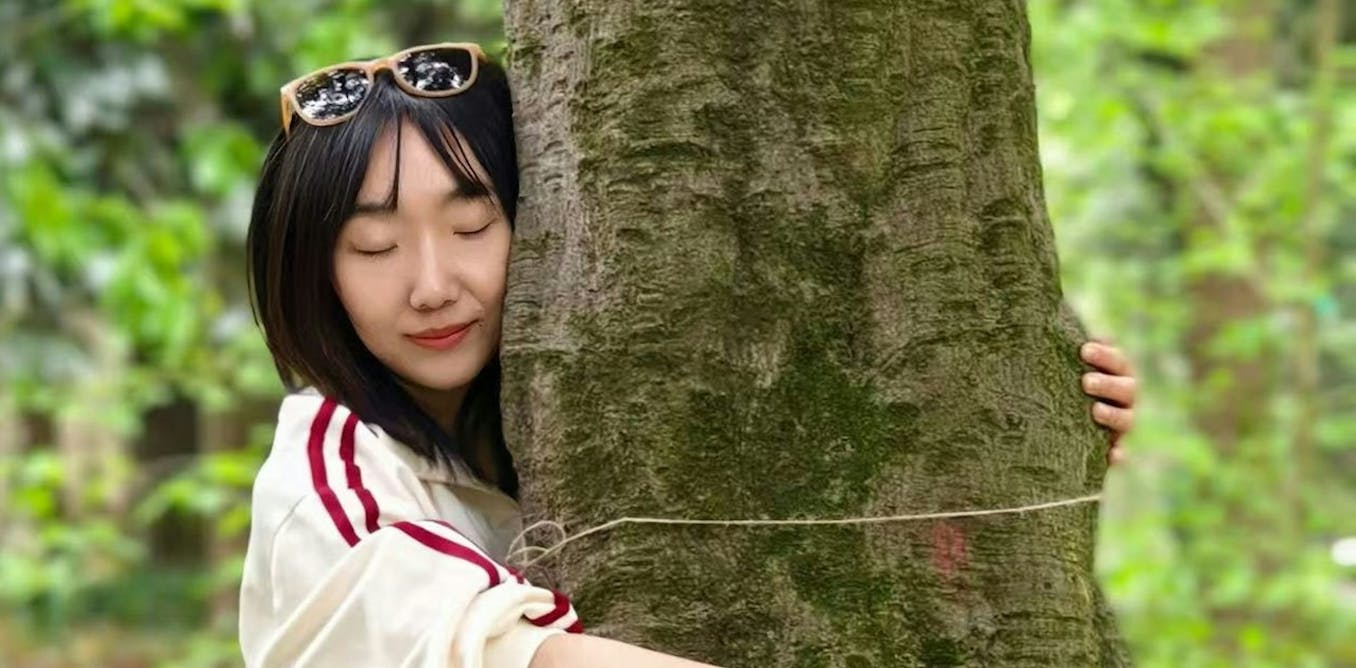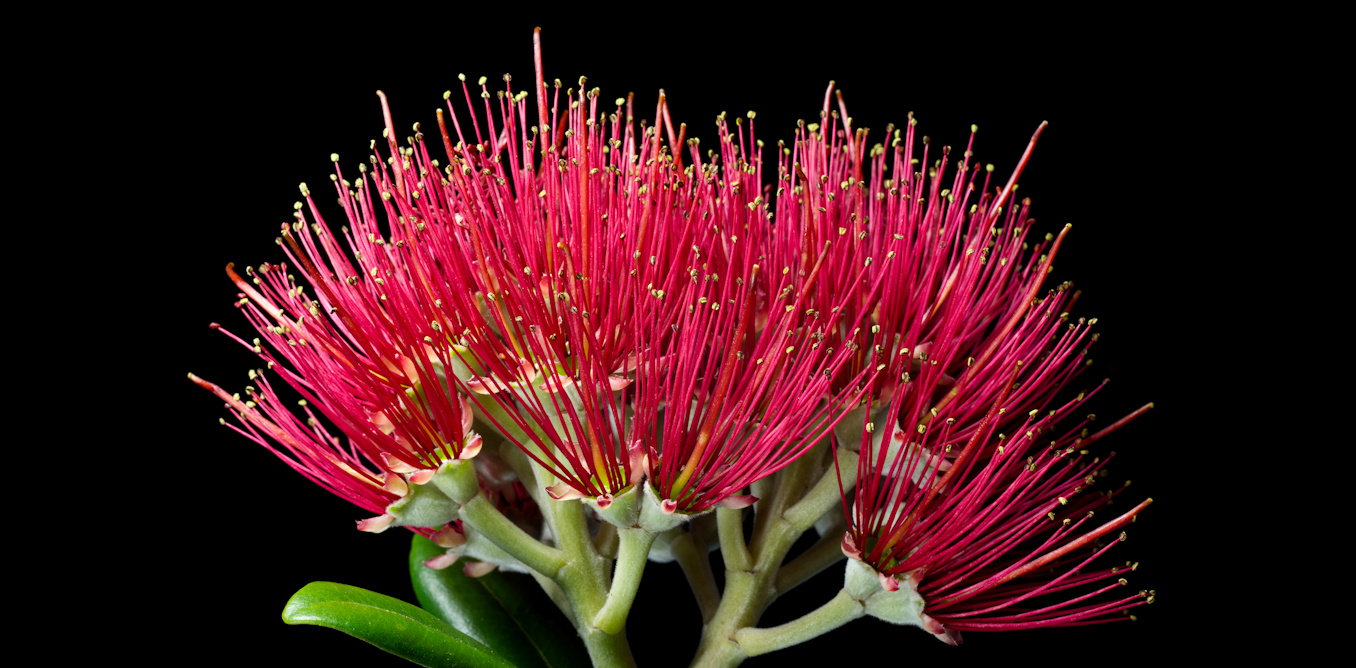After weeks of ongoing unrest in Bangladesh, the country’s Supreme Court has finally made a decision regarding the controversial quota system for government jobs. The system, which reserved a significant percentage of public sector positions for war veterans’ family members, has now been changed to reduce the share allocated to this group.
However, despite this ruling, the protests have not subsided. What began as student-led demonstrations have escalated to include a wider group of people who are frustrated by the country’s increasing inflation and high food prices. The situation has led to soldiers patrolling the streets, a nationwide curfew in effect, and a communication blackout.
Calls for Prime Minister Sheikh Hasina to take accountability for the situation have been growing, as many question whether the quota reforms will be enough to restore calm in the country. The unrest has drawn attention not only to the issue of job quotas, but also to larger concerns about governance and socioeconomic conditions in Bangladesh.
On the Inside Story panel, political analyst Mubashar Hasan, Bangladeshi activist Zaman Ashraf, and Professor Sreeradha Datta discuss the ongoing situation in Bangladesh and its implications. The panelists provide insights into the protests, the government’s response, and the potential outcomes of the quota reforms.
As Bangladesh continues to grapple with unrest and calls for change, the future remains uncertain. Will the country be able to find a resolution that satisfies the demands of the protesters and addresses the underlying issues fueling the discontent? Only time will tell.
Watch the video by Al Jazeera English
Video “What’s behind the recurrent unrest in Bangladesh? | Inside Story” was uploaded on 07/21/2024 to Youtube Channel Al Jazeera English








































Leave a Reply